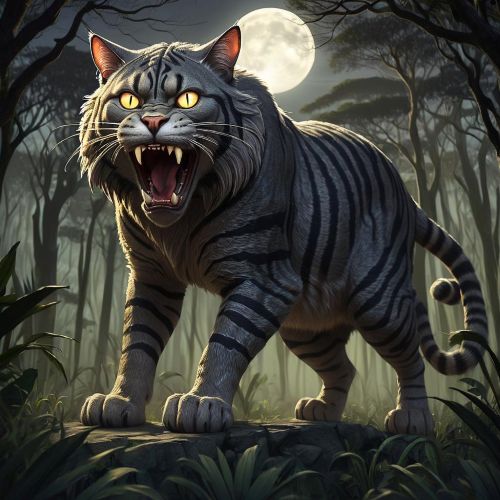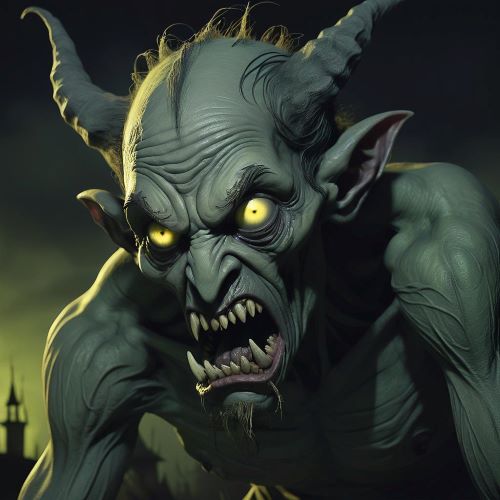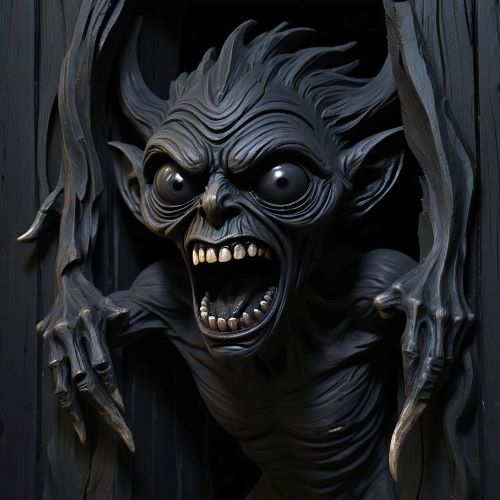Swahili & Pemba Mythology
Swahili and Pemba mythology, born along the coral coasts and islands of East Africa, reflects the meeting point of ocean and spirit, trade and tradition. The Swahili people — descendants of Bantu, Arab, and Persian ancestors — and the islanders of Pemba, part of the Zanzibar Archipelago, share a mythological landscape where African animism, Islamic mysticism, and Indian Ocean cosmology intertwine. Their myths are carried by the wind and tide, told in poetry and song, and rooted in the sacred harmony between the land, sea, and unseen worlds.
At the heart of Swahili mythology lies the belief in Mzimu, ancestral spirits who guide, protect, and occasionally punish the living. These spirits dwell in natural places — baobab trees, wells, and caves — and are honored through offerings of food, incense, and prayer. The Swahili understand existence as layered: the physical world (dunia) coexists with the spiritual realm (roho), and the two remain in constant dialogue. The sea, with its changing moods, is not only a highway for trade but also a threshold between these realms — a living presence both feared and revered.
Among the most enduring spirits of the Swahili coast is the Mzuka or Djinn, supernatural beings who can bless or haunt depending on human behavior. Borrowed from pre-Islamic and Islamic traditions but reimagined through African spirituality, these spirits dwell in whirlwinds, shadows, and abandoned places. Fishermen and sailors often invoke the protection of Baharini (spirits of the sea) before embarking on long voyages, offering coconuts and perfumes to calm the waters. Myth and ritual blend seamlessly with daily life: each dawn prayer, each wave, each monsoon wind carries the rhythm of divine remembrance.
On the island of Pemba, mythology takes on an even deeper oceanic character. Known as The Green Island, Pemba has long been associated with fertility, magic, and spiritual power. The island’s myths tell of Mungu Mkubwa (“The Great God”), creator of the world and giver of life, who shaped the island from coral and breath. But more locally powerful are the majini (spirits), who inhabit forests, mangroves, and reefs. Among them is Popo Bawa, the shapeshifting spirit of the night whose presence is both feared and respected — a modern legend rooted in older beliefs about restless spirits and the moral consequences of human wrongdoing.
Both Swahili and Pemba mythology emphasize balance and moral conduct. Illness, misfortune, or storms are not random but signs of spiritual imbalance. Healers and diviners — known as waganga — act as mediators, restoring harmony through ritual, herbs, and sacred chants. Offerings of incense, sea salt, and coconut water honor the ancestors and spirits, reaffirming the unity of human, divine, and natural worlds.
Even today, in the quiet rhythm of the tides and the call to prayer that echoes over Zanzibar’s stone towns, Swahili and Pemba mythology endures — not as superstition, but as a living reflection of coastal identity. It is the poetry of the sea, the whisper of ancestors in the wind, and the eternal reminder that the ocean remembers everything.




